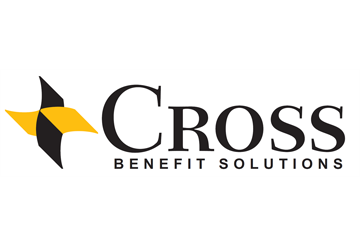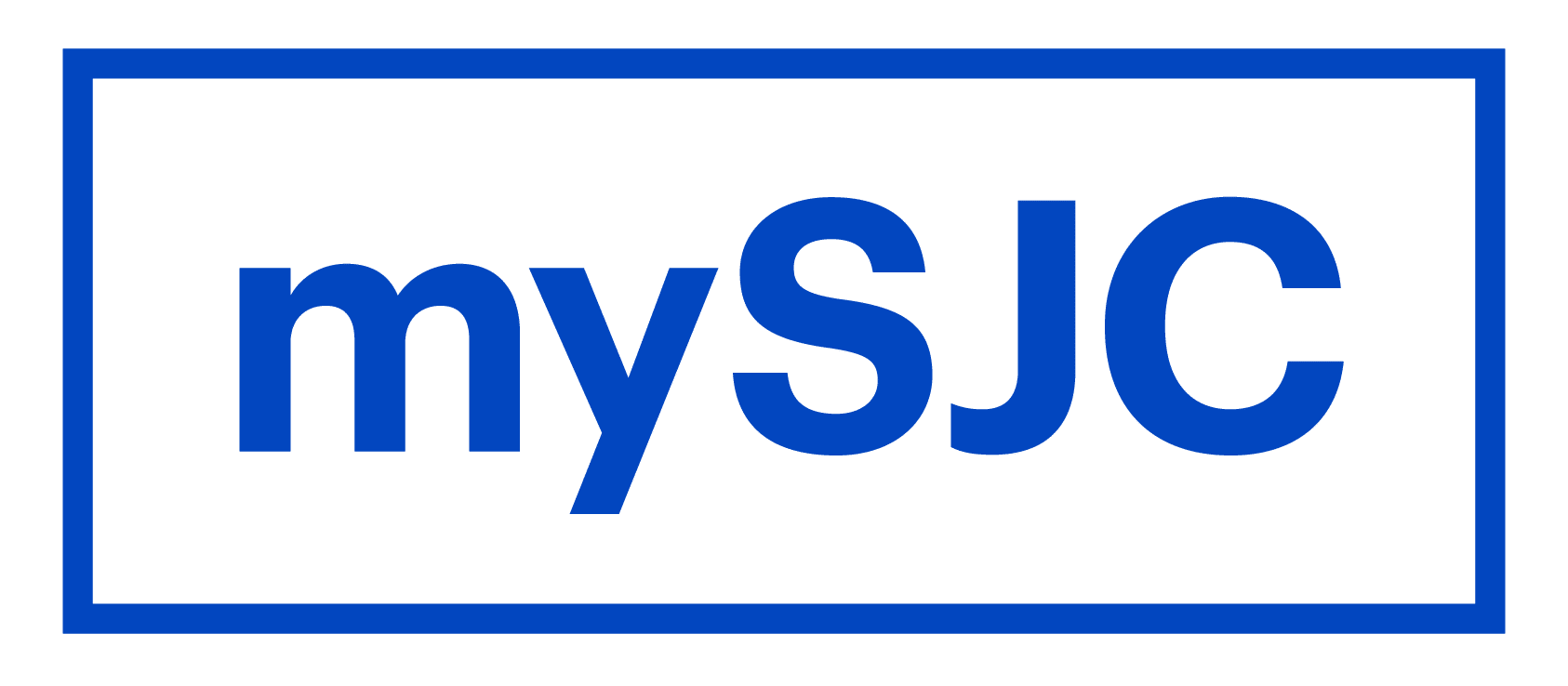In the Loop November 2023 Newsletter
Share
Biden Administration Announces Plan to Ban Medical Debt From Credit Scores
 On Sept. 21, 2023, the Biden administration announced an initiative that would prevent unpaid medical bills from impacting Americans’ credit scores. If enacted, this initiative could impact tens of millions of Americans who have medical debt on their credit reports. The proposed initiative is one of the most significant federal actions taken to tackle medical debt to date.
On Sept. 21, 2023, the Biden administration announced an initiative that would prevent unpaid medical bills from impacting Americans’ credit scores. If enacted, this initiative could impact tens of millions of Americans who have medical debt on their credit reports. The proposed initiative is one of the most significant federal actions taken to tackle medical debt to date.
Low credit scores can make it more difficult to get hired, rent an apartment or receive a loan. According to the Kaiser Family Foundation (KFF), a growing body of evidence suggests credit scores lowered by medical debt can threaten people’s access to housing, fueling homelessness in many areas.
KFF found that credit reporting is the most common tactic used by hospitals to induce patients to pay their bills. Furthermore, a 2022 report by the Consumer Financial Protection Bureau (CFPB) found that medical bills account for about 58% of uncollected debts reported to consumer credit reporting bureaus.
Despite the negative impact unpaid medical bills can have on credit scores, CFPB researchers have found that medical debt doesn’t accurately predict a consumer’s creditworthiness, undermining the worth of including it in a credit report.
Consequently, in 2022 the three largest credit agencies, Equifax, Experian and TransUnion, voluntarily announced they would no longer include certain medical debt on credit reports, such as debts under $500 and paid-off bills. Yet, this action excluded millions of patients with larger medical debts, causing many groups to advocate for further action.
Opponents of the proposed initiative, such as debt collection organizations and hospital leaders, have argued that such regulations could prevent medical providers from getting their bills paid, causing more health care services to require upfront payment. Critics have also noted that, if enacted, the proposed regulation could loosen credit requirements, enabling consumers who can’t handle more debt to get loans they’re unable to pay off.
The Biden administration announced plans to develop the proposed initiative over the next year. However, such a process is often lengthy, and this proposal is expected to be challenged by opposition.
FTC: Free COVID Tests Now Available
The U.S. Department of Health and Human Services (HHS) announced that free COVID-19 tests will once again be available amid a rise in COVID-19 infections. Households may place orders to receive four free rapid test kits after Sept. 25, 2023.
Previously, the U.S. government shipped over 755 million free COVID-19 tests to citizens who requested them. This program, which had been paused since May, has resumed in response to rising COVID-19 infections and hospitalizations.
How to Use Rapid Tests
According to the HHS, COVID-19 rapid tests can be taken at home and may be used whether or not you have symptoms. The kits will include instructions for use. They will also contain information for verifying expiration dates. Many of the tests sent by the HHS will have expiration dates that are valid through the end of the year. However, some test dates may show that test kits are expired. In this case, the U.S. Food and Drug Administration has extended printed expiration dates.
When to Use Rapid Tests
The U.S. Centers for Disease Control and Prevention recommends individuals take a test if they have any symptoms of COVID-19, including a runny nose, sore throat, loss of taste or smell, or a fever. Individuals should also test if they come into close contact with someone who has COVID-19. Following a negative COVID-19 test, individuals should take a second antigen test 48 hours later to confirm their result.
Getting Your Rapid Tests
Visit the Federal Trade Commission (FTC)’s consumer advice webpage for further information about how to get your free test kits. To order, visit https://www.covid.gov/tests. When ordering, you’ll be redirected to a shipping form at https://special.usps.com/testkits.
Be Aware of Scammers
When requesting your free COVID-19 test kits, you will only be required to enter your name and mailing address, although you can submit your email address for tracking updates. The Federal Trade Commission (FTC) warns that anybody who asks for more information is a scammer.
According to the FTC, nobody will call, text or email you from the federal government offering to help you order tests or ask for more information. Do not give out your credit card information, bank account or social security number. You can report suspected scams to the Federal Trade Commission here: https://reportfraud.ftc.gov/#/

